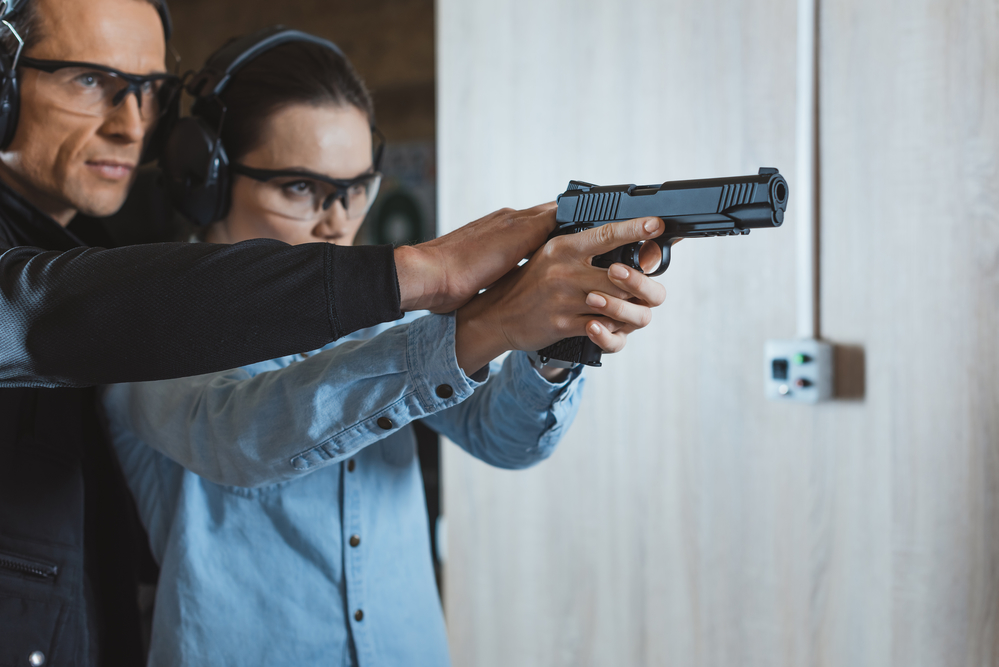Gun Safety Basics
Proper handling and storage of firearms drastically reduce the chances of accidental injury or death from a gun.
- If you are a beginner, take a hunting and gun safety course before using firearms. If you have children and plan to take them hunting, gun safety training is required in most states. And, as pointed out below, teaching kids about gun safety – even if you don’t own any guns yourself – is highly recommended.
- Treat all guns as if they are loaded. Before transport, cleaning or storage, visually check that guns are unloaded at least twice.
- Practice good muzzle management by being aware of where your gun is pointed AT ALL TIMES, and make sure it is never pointed at a person.
- Know your gun. Read all manuals and be sure you know exactly how to use, clean, load and unload every firearm in your possession.
- Keep the safety on until you are ready to use your gun.
- Never put your hand on the trigger until you are ready to shoot.
- Be sure of your target and what’s near and behind it.
- When hunting, make sure your guns are properly carried and transported, such as in a gun bag.
Gun and Landowner Liability
Personal gun safety is always on the minds of most hunters, but gun, home and landowners can be held liable for injury to others. For example:
- Three states and Washington, D.C., currently impose criminal liability on a gun owner for failure to safely store guns where children are present. New York may soon be the fourth state to pass a similar law. Many other states establish liability on the gun owner only if a child accesses or uses the gun.
- Gun owners can purchase liability insurance, but it is not mandatory. The insurance typically covers accidental discharge of a firearm, as well as the actions of someone who steals or borrows a gun. The mayor of San Jose recently introduced a proposed city ordinance that would require gun owners to purchase liability insurance.
- Each state has unique laws that establish liability for landowners who allow people to hunt on their land. If you invite hunters to use your property, you may be liable if they injure themselves or others. A hunting lease can protect the landowner while providing hunters with access to quality hunting land.
- In some states, hunters and many other outdoor enthusiasts have an implied right to access most of the state’s land. If landowners do not want hunters and others on their property, they must post “No Trespassing” or “Access by Permission Only” signs.
- Many public lands allow hunting. Know the rules and regulations for those areas by checking out the Department of the Interior’s page on public hunting.
Most Gun Accidents Happen in the Home and Often Involve Children
Most unintended gun accidents happen at home, not out hunting, and are typically the result of unsafe storage. According to a Johns Hopkins survey, more than half of all gun owners do not securely store their guns. On average, 19 children are killed or receive emergency treatment for gunshot wounds every day in the United States. Firearms are the second-leading cause of injury-related deaths in children ages 1 to 17. Even if you do not own guns, the odds are that your child will visit the home of someone who does.
Firearms should be kept in a secure location, such as a locked gun safe or cabinet. All guns should be unloaded during storage. Ammunition should also be stored in a locked location that is separate from where guns are stored, and the keys to both the firearms and ammunition should be hidden.
